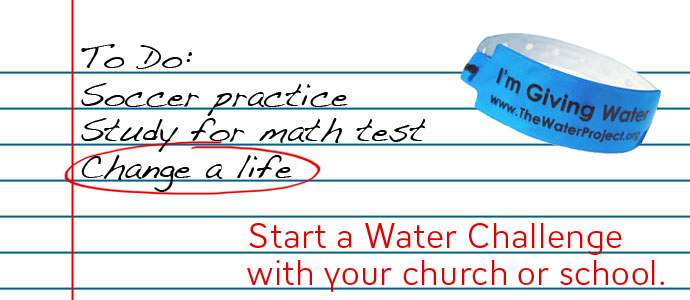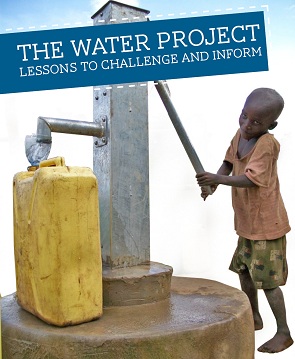Condensation Experiment - A Cloud in a Bottle
You need to follow these directions exactly. This activity needs to be done with an adult present. You will need: A clear plastic bottle with cap, a temperature strip - available from pet stores), tape, and a match. A two-liter pop bottle works best.
Tape the temperature strip inside the bottle so that you can read it. Screw the bottle cap on tightly. Lay the bottle on it's side so that you can easily read the temperature strip.
Part 1
Read and record the temperature of the air inside the bottle. Now use both hands to squeeze the bottle as hard as you can. After about 1 minute read the strip. Then stop squeezing and read the temperature strip after about 1 minute.
- What happened the temperature when you squeezed the bottle?/li>
- What happened to the temperature after you stopped squeezing the bottle?
Part 2
Open the bottle and pour in a few drops of water. Screw the bottle cap on tightly. Swirl the water around the inside of the bottle so that most of the inside of the bottle is wet. Repeat Part 1 (from above).
What happens?
Lay the bottle on it's side, open the bottle, and push down to flatten the bottle to about 1/2 it's normal size. Have someone light a match, blow it out, and put the match into the bottle while it is still smoldering. Quickly release the sides of the bottle and put the cap on tightly.
Squeeze the bottle as before very tightly for about 1 minute. Quickly let the bottle pop back to its original shape.
What happened? You should be able to see a cloud.
In this experiment you saw water molecules condense into a cloud in the bottle. When you squeezed the bottle the air pressure in the bottle increased which raised the temperature. The warmer air caused the water in the bottle to evaporate (it became water vapor) and you could not see it. When you let the bottle pop out, the air pressure in the bottle decreased along with the temperature. This caused the water molecules to condense into a cloud.
With a partner answer these questions:
- Liquid water evaporates and becomes water vapor (note how the terms are similar). Water vapor cannot be seen. When water vapor rises into the atmosphere it becomes clouds and you can see clouds. What are clouds made from?
- In your own words, describe the relationship between changes in air pressure and temperature. What does this relationship have to do with clouds?
This experiment adapted from resources provided at http://www-k12.atmos.washington.edu/k12/pilot/water_cycle/condensation.html


